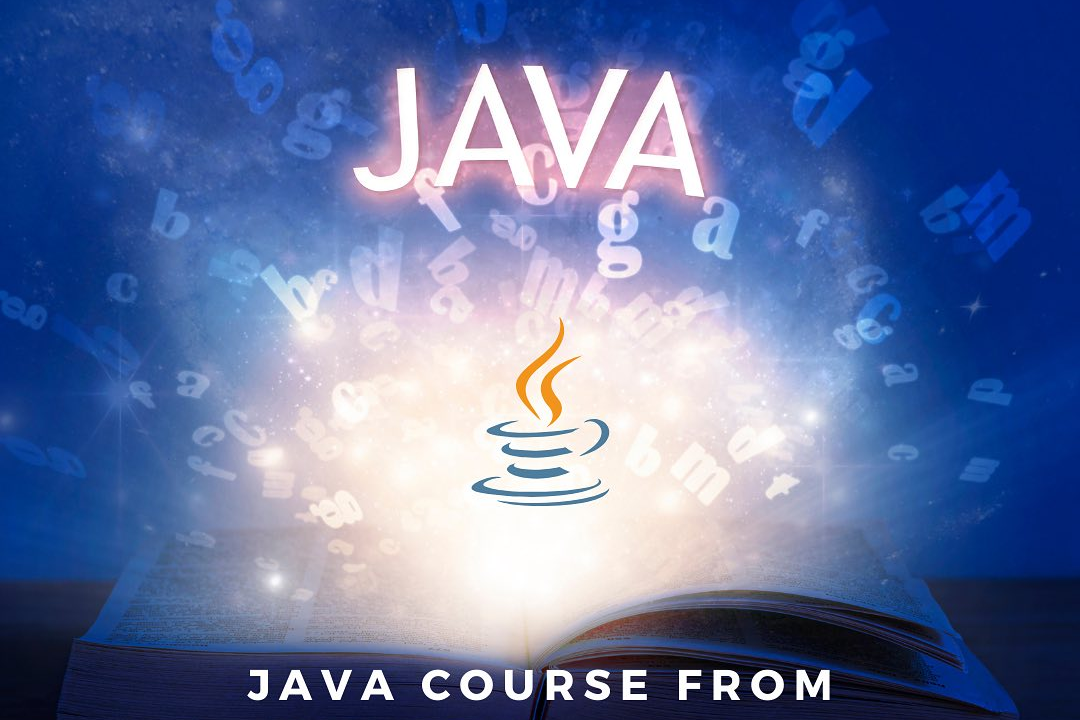Java syntax and structure
Understanding Java Syntax and Structure
Java syntax and structure
Java syntax and structure are the rules and conventions that define how Java programs are written and organized. Java is an object-oriented programming language that emphasizes readability and maintainability. A typical Java program consists of class definitions that contain methods (functions) and fields (variables). Each Java file corresponds to a single public class, with the filename matching the class name followed by the `.java` extension. The entry point of a Java application is the `main` method, defined as `public static void main(String[] args)`. Java uses a curly brace `{}` syntax to denote blocks of code, such as class bodies, method bodies, and control flow statements. Statements in Java end with a semicolon `;`, and the language is case-sensitive. Overall, Java's syntax is designed to be familiar to users of C and C++, making it accessible to a wide range of developers.
To Download Our Brochure: https://www.justacademy.co/download-brochure-for-free
Message us for more information: +91 9987184296
1 - Basic Structure of a Java Program: Java programs are structured with classes, methods, and statements. Every Java application is built around classes and objects, with a defined `main` method as the entry point.
2) Class Declaration: A class is declared using the `class` keyword followed by the class name. For example: `public class MyClass { }`. Class names in Java should start with an uppercase letter.
3) Method Declaration: Methods contain the logic of the program. They are declared within classes using the syntax `accessModifier returnType methodName(parameters) { }`. For example: `public void myMethod() { }`.
4) Variables and Data Types: Java is a statically typed language requiring explicit declaration of variables and data types. Common data types include `int`, `double`, `char`, `string` (as `String`), and `boolean`.
5) Variable Declaration: Variables are declared before use with a specific data type. For instance: `int age;` or `String name = “John”;`.
6) Control Structures: Java uses standard control structures like `if`, `else`, `for`, `while`, and `switch`. These structures control the flow of execution of the program.
7) Comments: Comments in Java are written using `//` for single line comments and `/*…*/` for multi line comments. They are essential for code documentation.
8) Package Declaration: Java classes can be organized into packages which are declared at the top of the Java file using the `package` keyword. For example: `package com.example;`.
9) Import Statements: To use classes from other packages, you can import them using the `import` statement. This allows for better organization and reuse of code.
10) Access Modifiers: Access modifiers define the visibility of classes, methods, and variables. The primary modifiers are `public`, `private`, `protected`, and the default (package private).
11) Object Instantiation: Java uses the `new` keyword to create objects. For example: `MyClass obj = new MyClass();`. This highlights the object oriented nature of Java.
12) Control Flow Statements: In addition to standard structures, Java includes advanced control flow statements such as `break`, `continue`, and `return` to manage workflows in methods.
13) Exception Handling: Java uses `try`, `catch`, and `finally` blocks to handle exceptions and errors, allowing the program to recover and ensure robustness.
14) String Concatenation: Strings in Java can be concatenated using the `+` operator, and the `StringBuilder` class can be used for more complex string manipulations.
15) Arrays and Collections: Arrays are declared using brackets (e.g., `int[] numbers = new int[5];`). Java also provides the collections framework (e.g., `ArrayList`, `HashMap`) for more flexible data management.
These points provide a comprehensive overview of Java syntax and structure, forming a solid foundation for students learning the language.
Browse our course links : https://www.justacademy.co/all-courses
To Join our FREE DEMO Session: Click Here
Contact Us for more info:
SEO training courses london
python main topics
Best iOS Mobile App Development Course
sql in power bi
FLUTTER TRAINING IN BAGAHA











